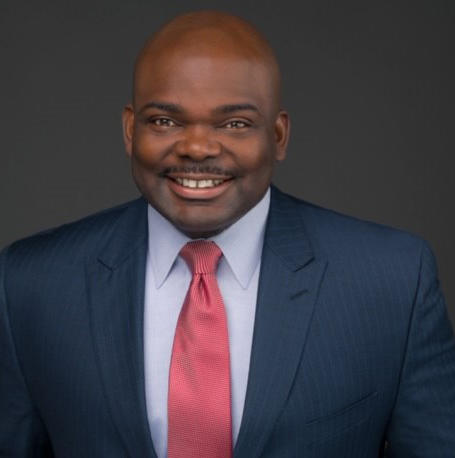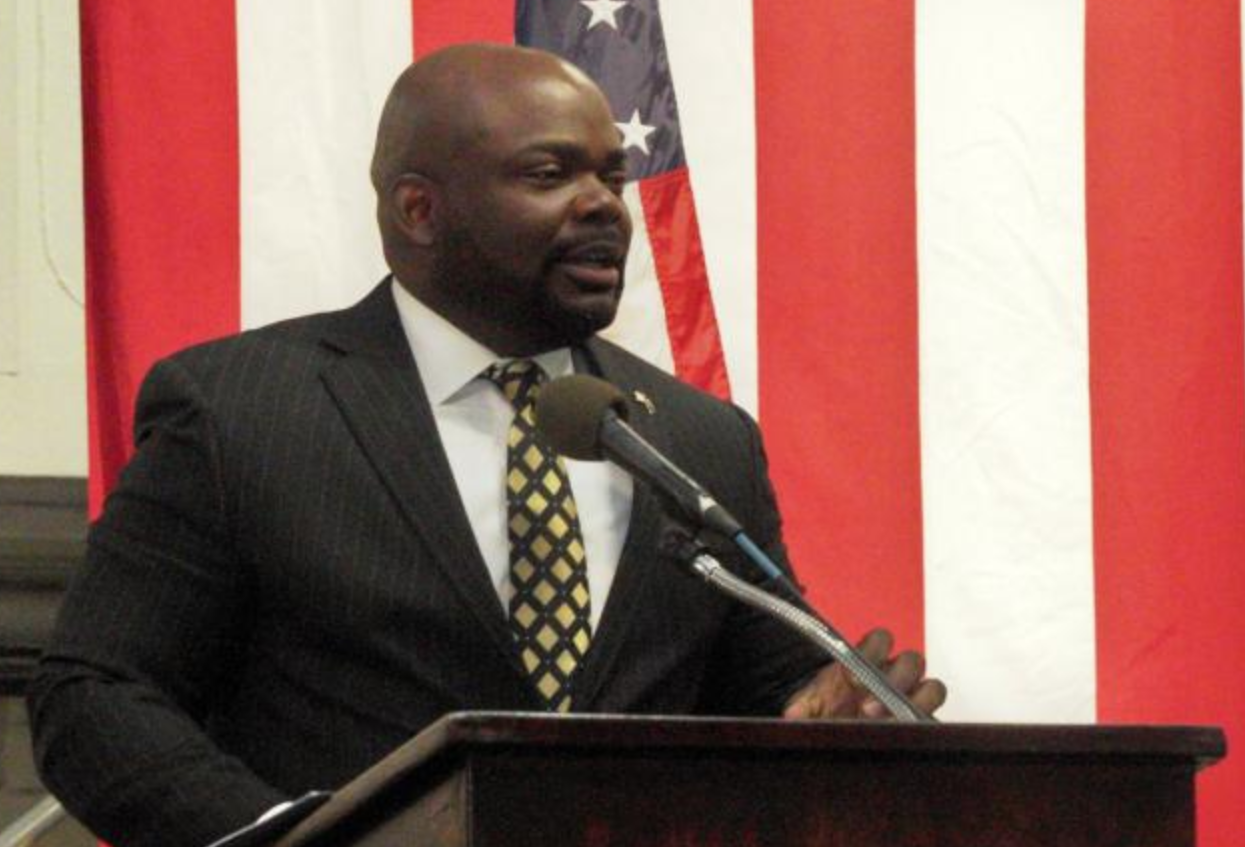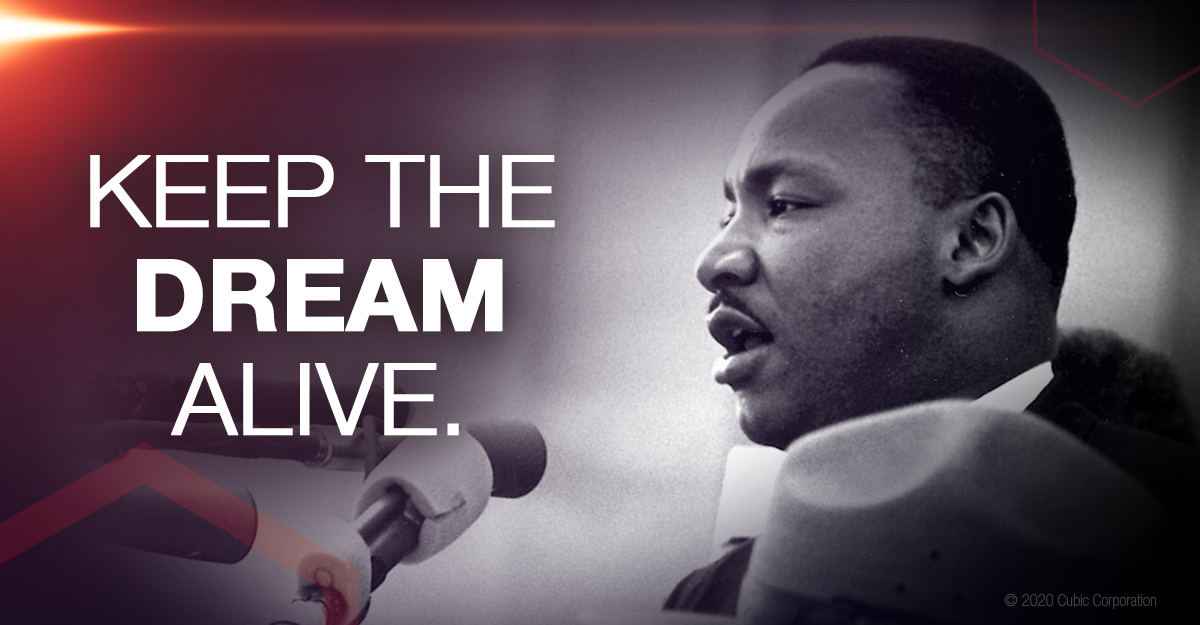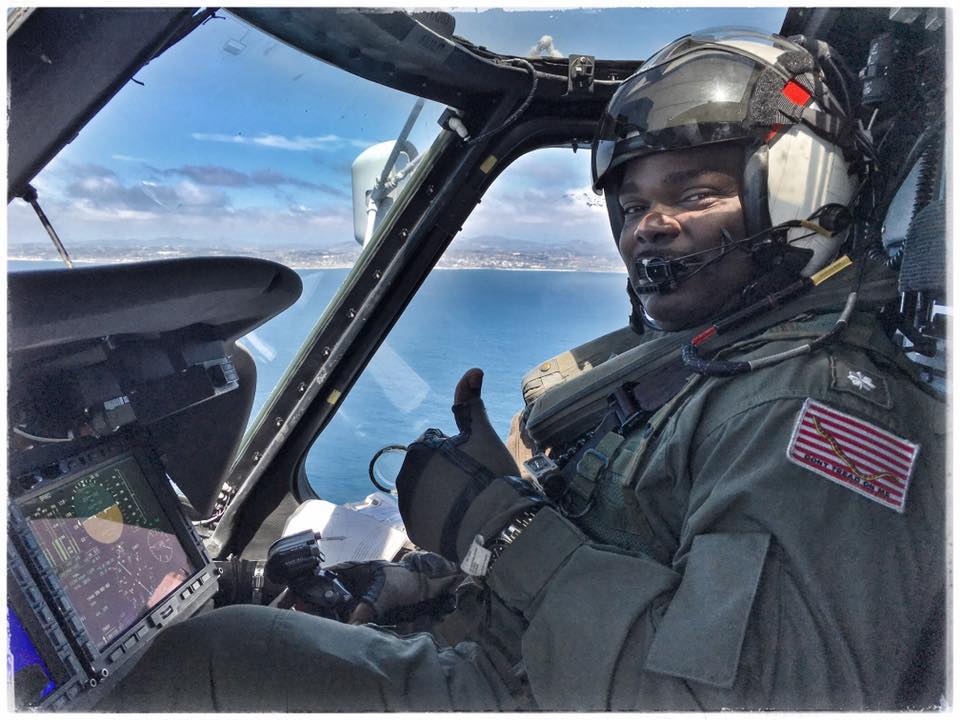I recently had the privilege of serving as the keynote speaker during the Midway Museum’s 8th Annual Dr. Martin Luther King, Jr. Celebration, here in my adopted home of San Diego. I took the opportunity to reflect on my journey from my childhood home in Alabama to the U.S. Naval Academy, and my service as a Naval Aviator. As a recently transitioned naval veteran, I’m honored to continue to serve our warfighters in my current role here at Cubic.
I hope that my experiences, and the experiences of the many of who have served, and who dared to be a part of something bigger than themselves, may serve as a call to action during Black History Month.
Black History Month, or National African American History Month, is an annual celebration of achievements by black Americans and a time for recognizing the central role of African Americans in U.S. history. The event grew out of “Negro History Week,” the brainchild of noted historian Carter G. Woodson and other prominent African Americans. Since 1976, every U.S. president has officially designated the month of February as Black History Month. Other countries around the world, including Canada and the United Kingdom, also devote a month to celebrating black history. President Gerald R. Ford officially recognized Black History Month in 1976, calling upon the public to “seize the opportunity to honor the too-often neglected accomplishments of black Americans in every area of endeavor throughout our history.” Dr. Martin Luther King and other civil rights leaders and supporters made significant sacrifices to fight for the civil rights of African Americans, the economically disadvantaged and all victims of injustice through peaceful protests. We all have an obligation to keep his dream alive through our actions.
Before leaving Mobile, Alabama for the Naval Academy at the age 18, I spent the summers of my formative years at my grandmother’s house in the country in Whitehall, Alabama. Whitehall is a former sharecropper community in an economically disadvantaged area along Highway 80. It is located almost halfway between Montgomery and Selma, Al. My grandmother - God willing will be 90 in April – did not finish high school and worked in the fields picking cotton, in a factory making furniture and then as a domestic to provide for her family.
I have many fond memories of those summers in Whitehall. I remember driving to Montgomery on Saturdays - about 45 mins away - for her weekly grocery run. We would pile into her car and drive along HWY80. During those drives she would tell us about the sacrifices and the civil rights march which had occurred in 1965 because she was there during the march from Selma to Montgomery. She would telI us about being threatened by Klan members for attending secretive voting rights meetings. I remember leaning against the door day dreaming as we drove past cotton fields thinking about the sharecroppers. As we drove past the cotton fields, I would also wonder how she could pick 300lbs of cotton a day?
My grandmother would tell all of us that we are the manifestation of Dr King’s Dream. I must admit; my cousins and I did not really understand what she meant during that time? After all it was the 1980s in Alabama, we were in the country, climbing trees, riding horses, skipping rocks, and racing up and down those dirt roads.
The “I Have a Dream” Speech was delivered on the steps of the Lincoln Memorial during the march on Washington for Jobs and Freedom on August 28th, 1963. The primary theme of the speech is to call for action for civil and economic rights and an end to racism in the United States. His dream provided a vision of hope to a generation of people. My grandmother and millions more were motivated to act by Dr. Kings dream: “The dream that one day this nation will rise up and live out the true meaning of it’s creed: We hold these truths to be self-evident that all men and women are created equal."
My grandmother would often tell us that our dreams are powerful indicators of what God has in store for our lives. My Uncle would often ask us, what are we doing to keep our dreams alive? To this day, he says a dream without action is a waste of time.
In the 7th grade while on a class trip from Mobile to Washington, DC, my class made a stop over to visit the Naval Academy in Annapolis, MD. During our visit, I witnessed a noon meal formation. That’s when the entire Brigade of Midshipman in white uniforms - 4000 strong - stand in formation and parade inside Bancroft Hall for lunch. In that moment, I knew I had to be a Midshipman. Once I got home, I saw Top Gun and knew I had to be a Navy pilot. When I talked to my parents about my dreams, they simply asked, what are you going to do about it? I would later graduate from the Naval Academy and become a Naval Aviator.
People often ask me about my favorite flight. My favorite flight was my first cross country solo in a Bell Jet Ranger helicopter. It was my favorite flight because we flew from Pensacola to Atlanta and stopped in Montgomery for gas. During the leg from Pensacola to Montgomery, we used Highway 80 to navigate.
During that flight we flew over those same cotton fields that my grandmother labored in picking 300lbs of cotton per day, the route used by my grandmother and all the marchers who marched from Selma to Montgomery during the civil right movement, the same route that my grandmother drove for 45 mins to get to the grocery store. Once we landed in Montgomery I was overcome with emotions because I thought about my grandmother telling me that I was the manifestation of Dr. King’s Dream. I did not achieve that level of success on my own. My grandmother and many more like her inspired by Dr. King chose to act and create a better future for me and many others.
Please do not think that I believe that we are in the promised land that Dr King spoke so fondly of during his I Have a Dream speech. Racism, injustice, and inequalities still exist. At one time it was veiled a bit more, but in recent years the hatred is more obvious. I think now more than ever we as a nation must continue to act to fulfill Dr. King’s dream.
What are you doing today to continue to keep Dr. King’s dream alive? I challenge you to adopt these three BEs to help guide you:
Bobby’s 3 BEs:
- BE Brave – Stand for what’s right and not what is convenient;
- BE Selfless – Consider the other person’s perspective and assume no malice; and
- BE a Mentor and an Advocate - We have to help, we have to share, we have to support each other.
Let’s commemorate Black History Month in the most meaningful way, by Keeping The Dream Alive.







